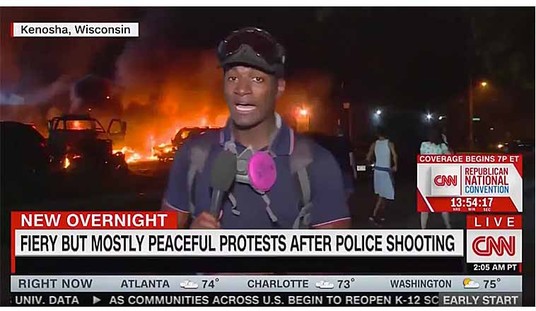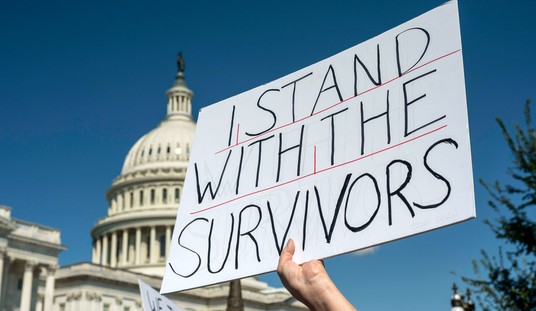Wendy Davis might have been annihilated in her bid for the Texas governorship, but she’s had a lot to cheer about recently. Her epic filibuster to protect late-term abortion in Texas cast her in the national spotlight but ended in legislative defeat. The Supreme Court turned her frown upside-down, though, when it overturned the Texas law in June in a 5-3 ruling.
Now she’s celebrating again, as the U.S. 5th Circuit Court of Appeals on Wednesday overturned voter ID legislation signed into law by former Gov. Rick Perry in 2011.
First marriage equality, then abortion rights and now voting rights. So happy about this!! https://t.co/hGwW5Cy74K
— Wendy Davis (@wendydavis) July 20, 2016
Justice Don Willett wasn’t quite so thrilled to see the courts again overturn state law and notes that the decision was far from unanimous.
5th Cir. severely fractured in today's #VoterID case.
✪ plurality—no majority
✪ 6 dissentsThat said, TX loses.https://t.co/VRjmOIhjYA
— Judge Don Willett (@JusticeWillett) July 20, 2016
So, in a squeaker, voter ID is invalidated in Texas. Why? Because it was found to violate the Voting Rights Act, which Hillary Clinton and others claim SCOTUS gutted in 2013.
Lawgeeks, the 5th Cir.'s voter ID decision is now up on its website here:
PDF https://t.co/cs6q59OYkc— Gabriel Malor (@gabrielmalor) July 20, 2016
Help yourself to the text of the decision, but in short, the court joined Democrats and progressives in arguing that even a free voter ID is just too burdensome for the poor to obtain, a minorities are more likely to be poor; therefore, ID is racist.
… the court found that the poor are less likely to avail themselves of services that require ID, such as obtaining credit and other financial services. They are also less likely to own vehicles and are therefore more likely to rely on public transportation. As a result, the poor are less likely to have a driver’s license and face greater obstacles in obtaining photo identification. Even obtaining an EIC [Election Identification Certificate] poses an obstacle — the district court credited evidence that hundreds of thousands of voters face round-trip travel times of 90 minutes or more to the nearest location issuing EICs. Of eligible voters without access to a vehicle, a large percentage faced trips of three hours or more to obtain an EIC.
The very size of Texas similarly contributed to the argument against the state’s abortion regulations — in a state that big, there could be a really long car trip to the nearest abortion clinic, especially if the state insists that clinic meet the basic standards that apply to any ambulatory surgical center.
I applaud the 5th Circuit for blocking Texas's voter ID law—one of the most restrictive in America. Let's make voting easier, not harder. -H
— Hillary Clinton (@HillaryClinton) July 20, 2016
By restrictive, Hillary Clinton of course means that Texas expected voters to be able to produce a state driver’s license or ID card, a concealed handgun license, a U.S. passport, a military ID card, or a U.S citizenship certificate with a photo. Barring that, the state offered ID cards free of charge (in exchange for proof of identity and citizenship) at more than 220 license bureaus as well as other locations, but as the court noted, the process of getting there had a disparate impact on minorities and the poor.
Why is the "burden" to get an ID never brought up in any other circumstances like to buy a gun?
— Zaggs (@Zaggs) July 20, 2016
Because, silly, it’s easier for a kid to get his hands on a gun than a computer or a book or even a Happy Meal.
In a break from the GOP Convention –> FACT: It's easier to get a gun than a Happy Meal in California. https://t.co/867ACPr4MZ
— Gavin Newsom (@GavinNewsom) July 19, 2016
Fact!
Related:
‘You’re a lousy Christian’: Gov. Scott Walker fails to placate critics of Wisconsin’s voter ID law https://t.co/2UUAWGePID
— Twitchy Team (@TwitchyTeam) May 12, 2016























Join the conversation as a VIP Member